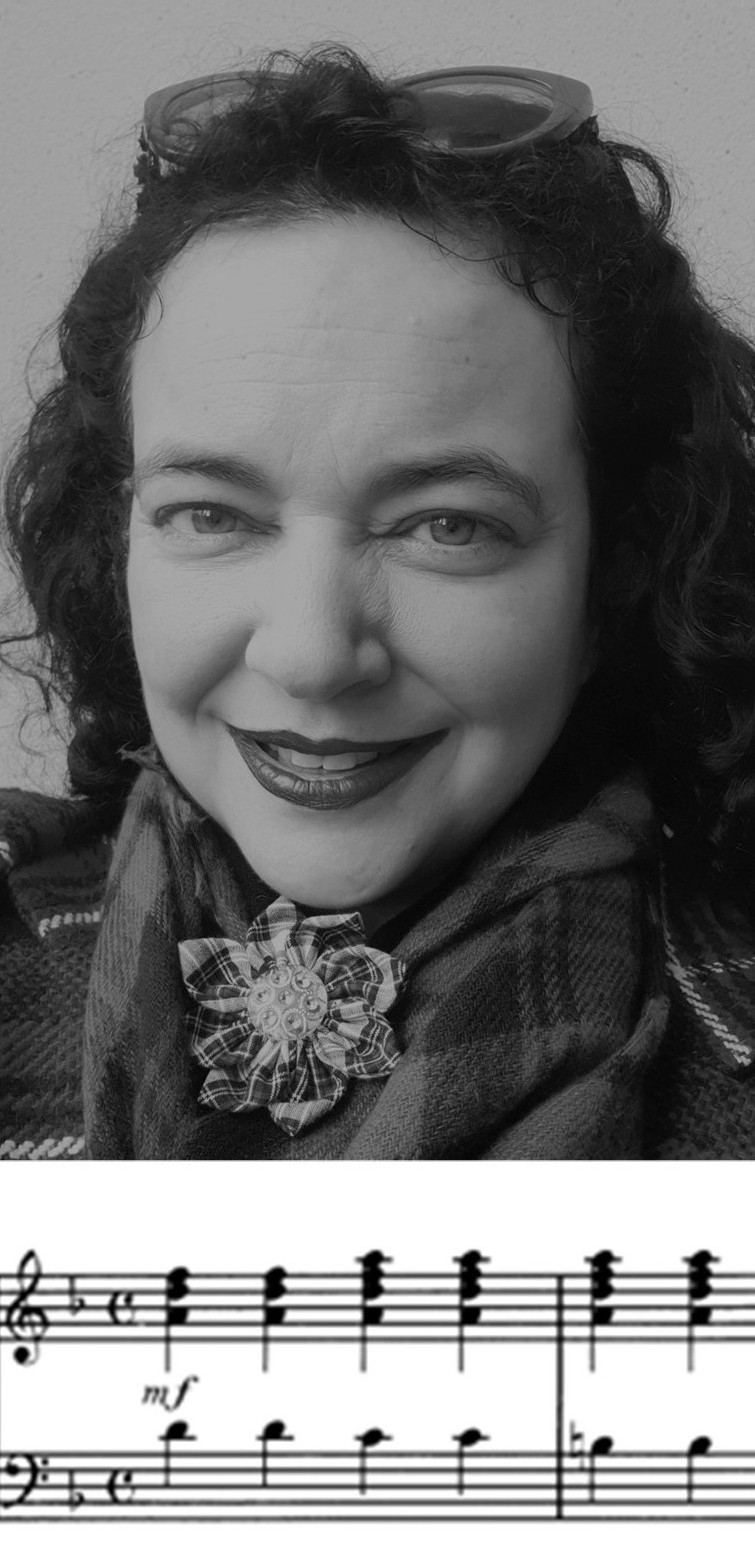You may have read that during the Autumn Statement a plan was announced to require all self-employed taxpayers to make four income tax returns per year by 2020.
My immediate reaction was that this, in the very scant detail it was mentioned, would not be positive. I welcome genuine tax simplification, whether to rules or processes, but I couldn’t immediately see how this would simplify anything. And this is such a big change that I would have preferred a public consultation period before any decision.
Having signed a petition to ask for reconsideration of this this move to be debated in Parliament, I have received today a message that it is scheduled for debate on 25 January.
The January date does not make it a convenient time for anyone working in personal tax to stay up to the minute with developments! There may be some press reports during the days following. But I shall post again with a summary during February. Depending on what unfolds, I shall also consider writing to the Government, outlining the potential impact on current clients and my own personal tax work.

